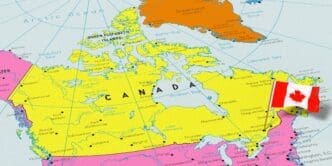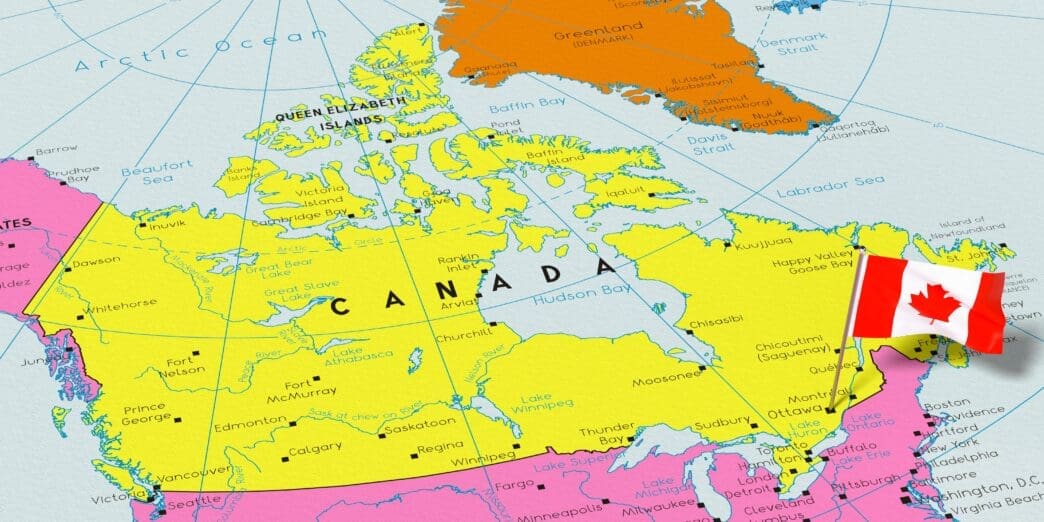Leaders from northeastern U.S. states and Canadian provinces gathered at the Massachusetts State House to address ongoing challenges posed by tariffs and other economic issues. The summit was hosted by Massachusetts Governor Maura Healey and included governors from New York, Vermont, Rhode Island, and Maine, as well as six Canadian premiers and ministers. The discussions centered around tariffs imposed by the U.S., which are affecting trade and tourism between the regions.
The meeting was prompted by President Donald Trump’s tariff policy, which has placed additional taxes on Canadian imports, impacting U.S. consumers. The governors and premiers aimed to showcase a unified front, emphasizing that their regions remain open for business and recognizing China as a mutual economic competitor.
Maine Governor Janet Mills highlighted the adverse effects on local industries, such as craft brewing, due to the reliance on Canadian materials like aluminum. Despite this, the state and provincial leaders acknowledged their limited influence compared to federal authorities.
The summit coincided with the G7 meeting in Alberta, where leaders from the world’s major economies gathered. The northeastern governors and Canadian premiers hoped for improved trade relations and agreements from these high-level discussions.
Tourism, significantly affected by the tariffs and President Trump’s controversial suggestion that Canada should become the 51st U.S. state, was also a major topic. Visitor numbers to northeastern states have dropped, raising concerns among the leaders. Canadian officials, however, refrained from encouraging travel to the U.S., opting instead to promote domestic tourism due to the strained political climate.
Rhode Island Governor Daniel McKee advocated for more extensive collaboration among state and provincial leaders to counteract divisive rhetoric and foster economic cooperation. This meeting was seen as a vital step, but participants agreed that continued dialogue is necessary to address the ongoing challenges effectively.














